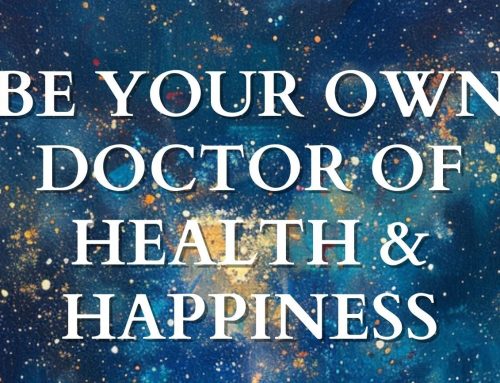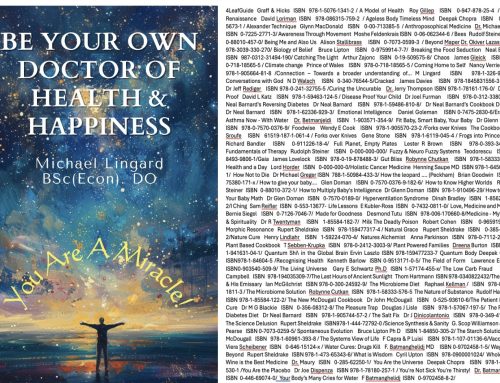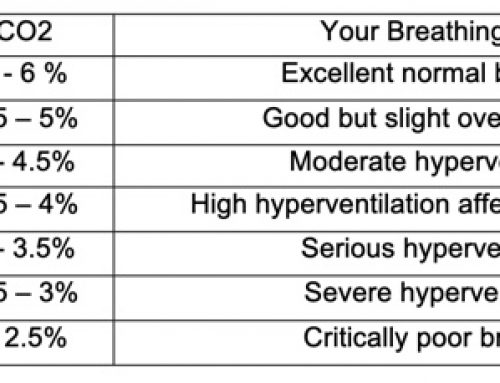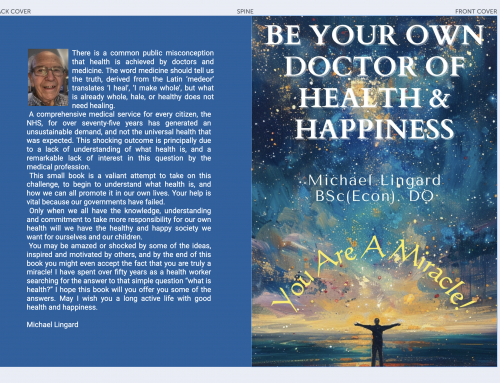If you would rather listen to this on a podcast
Click on the image above.
There is a lot of interest in keeping fit, getting fit and fitness training systems. But what is fitness? Is it about improving one’s health? Is it about developing muscle bulk and strength? Is it about building stamina and physical abilities?
Wikipedia has a definition: Physical fitness is a state of health and well-being and, more specifically, the ability to perform aspects of sports, occupations and daily activities. Physical fitness is generally achieved through proper nutrition, moderate-vigorous physical exercise, and sufficient rest. Wikipedia
My question is “Could a person be physically very fit yet not be healthy?”
We hear many stories of top athletes and bodybuilders suffering strokes, heart attacks, or any other serious diseases despite the fact that they had achieved excellent physical strength and stamina.
On the other hand, I would expect physical health for any person, would be an essential part of being healthy in mind and body.
The confusion lies in the latter part of Wikipedia’s definition in my opinion; “nutrition, exercise and rest”.
How many fitness centers and gyms promote the increased intake of quality meat for protein, the increased consumption of nutrient supplements such as milk protein, vitamins, and minerals without offering adequate advice on what might constitute optimum nutrition?
There are many myths that are dispelled by solid scientific research, they include the belief that to be fit and strong we need quality protein from meat sources, that we couldn’t thrive on just a plant-based diet, that vitamin and mineral supplements are good for providing all the body’s needs and that with physical fitness comes improved health and increased longevity.
Taking each myth in turn, it is a simple fact that the protein content of meat is about 30 grams per hundred calories consumed, and for plant-based food, it is the same 30 grams per hundred calories.
To rely primarily on an animal product diet for our protein needs would lead to a severe deficit of micro-nutrients such as vitamins and minerals, for the simple reason that the animal has already used up these nutrients for itself and with the consumption of the animal products come added toxins, residual antibiotics, or growth hormones generally found in factory-farmed meat.
As regards the use of mineral and vitamin supplements to make good such deficits, we discover things are a bit more complex, the body cannot process and absorb efficiently individual vitamins or minerals without the many other complex phytonutrients found in whole plant food. For instance, to replace the vitamin C benefit of an apple for our nutrition, we would have to consume many more times the quantity of vitamin C as a supplement, most of which would not be absorbed.
Finally, although no one could disagree that we need a physically healthy body to enjoy optimal health, by over-concentration on this to the detriment of our diet, sleep, rest, lifestyle, and mental state we can lay the foundation for other serious health problems including heart disease, diabetes, hypertension, and cancer.
So my recommendation is to take a more holistic approach to your health and wellbeing, yes, exercise, especially if your work is desk-bound, but don’t neglect your diet, your stress management, your breathing, your sleep quality, and get advice on all other lifestyle factors that will improve your health and longevity.
The TotalHealthMatters! Lifestyle Course could be a step in this direction and can be accessed in the comfort of your own home on Skype. Details HERE
Please return for Health Part 4: The New “Wonder Drug” or Just Food For Thought?








Leave A Comment